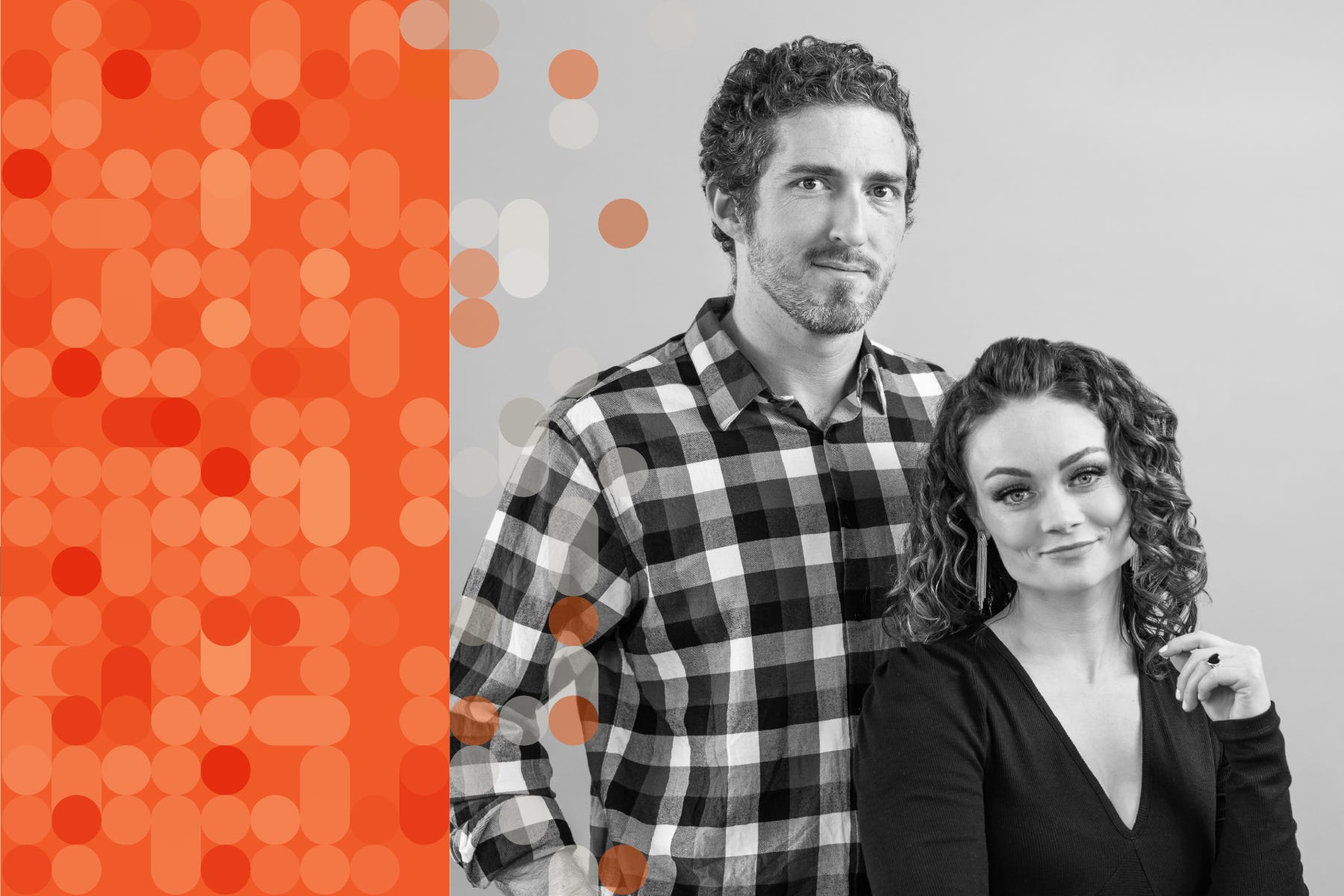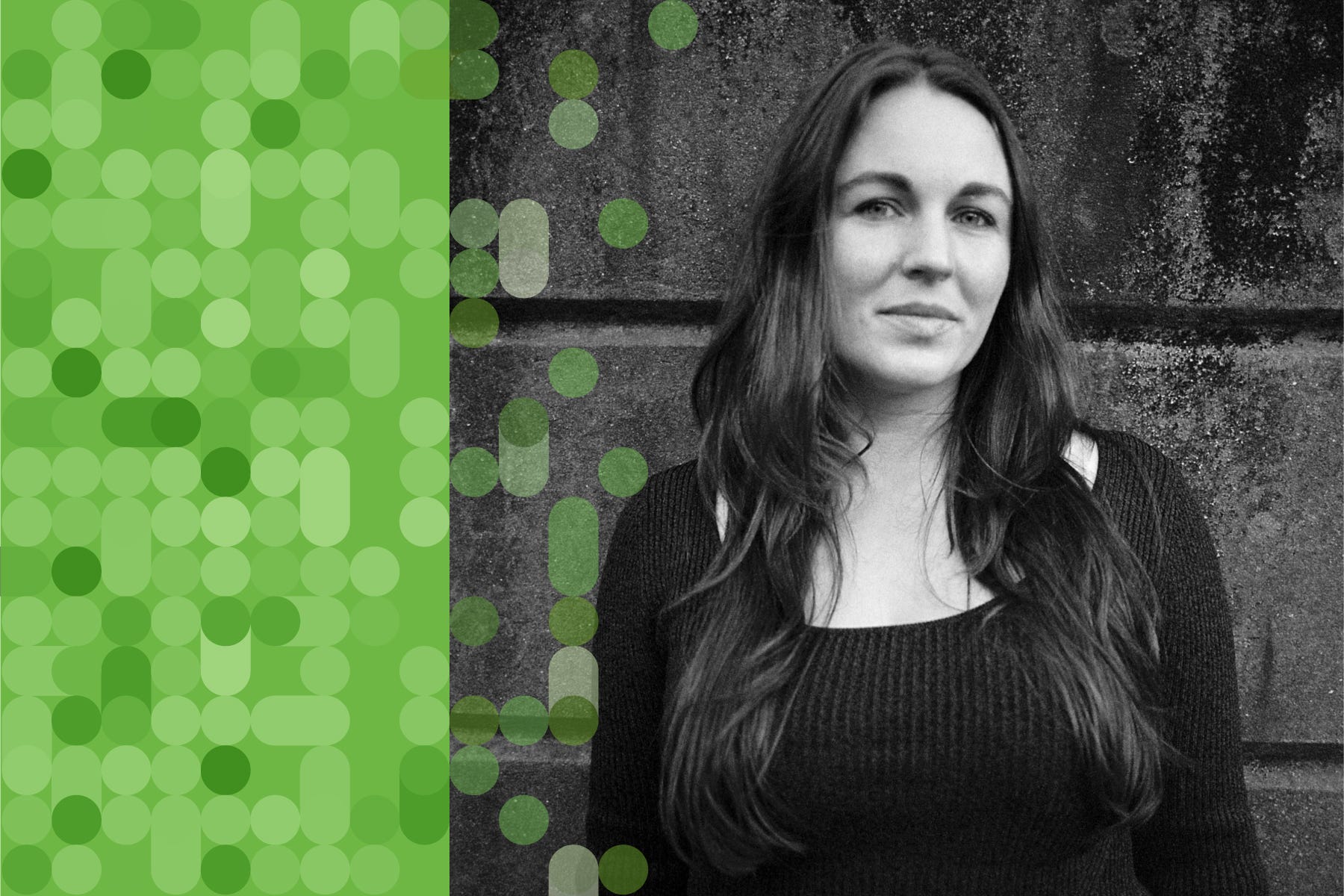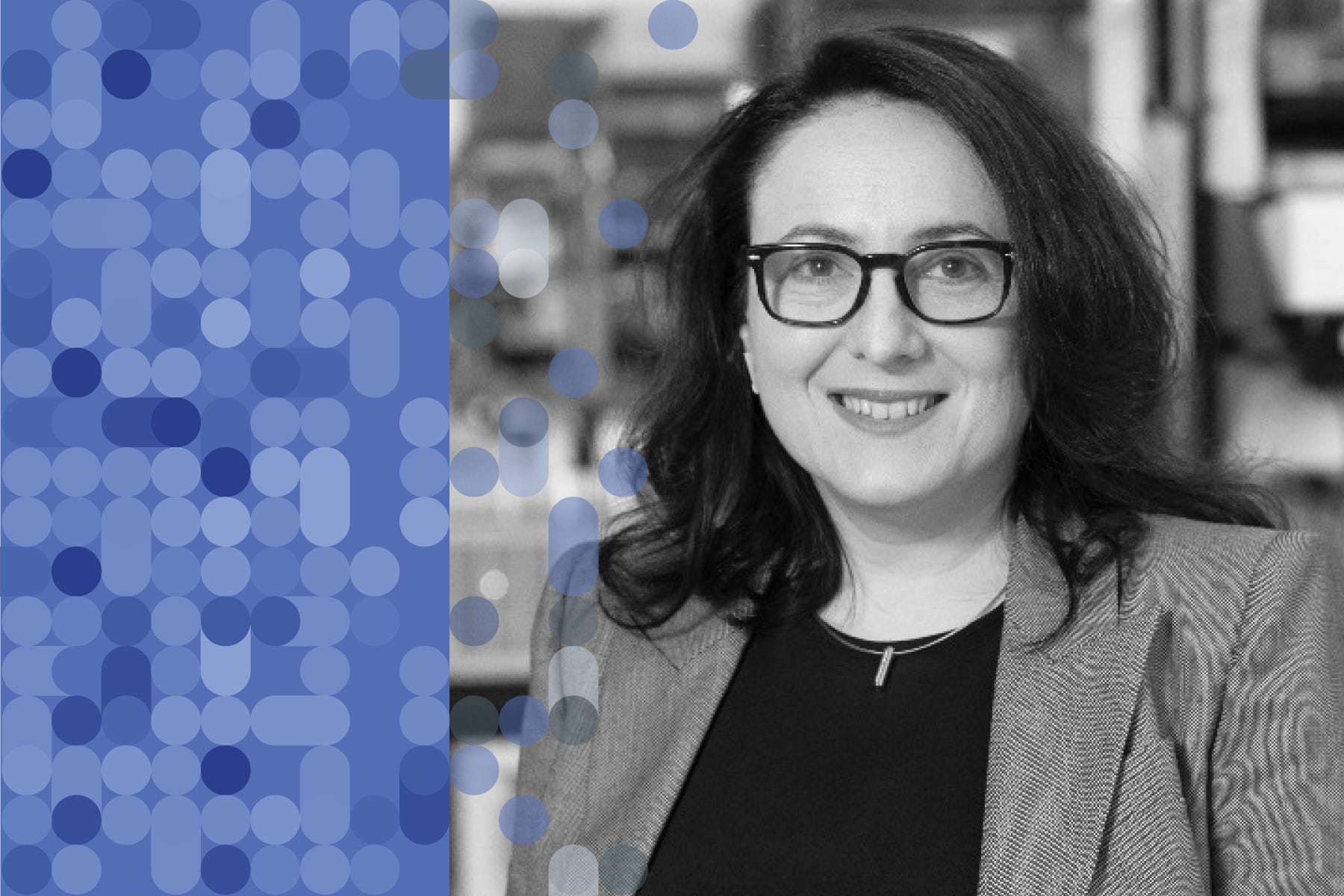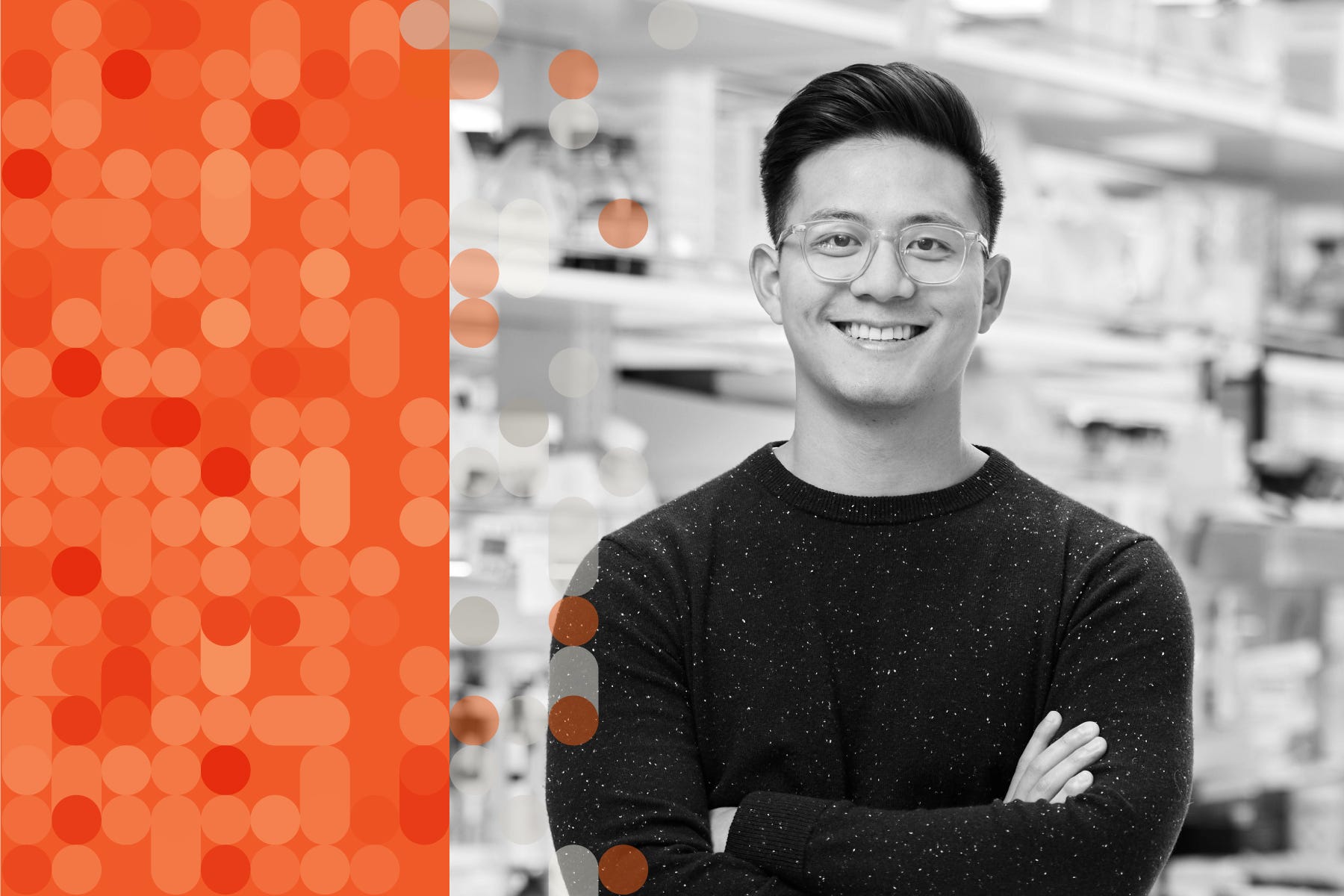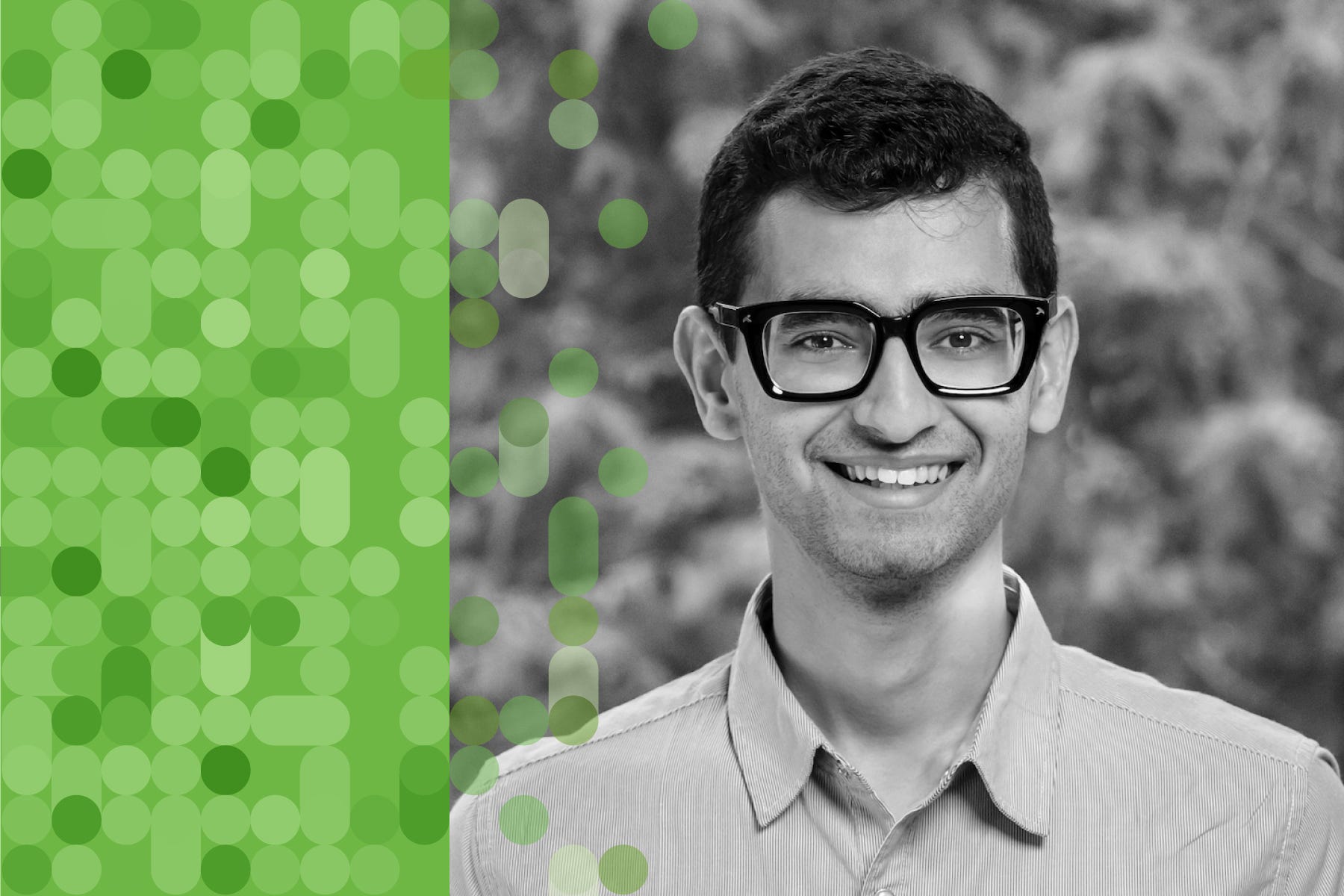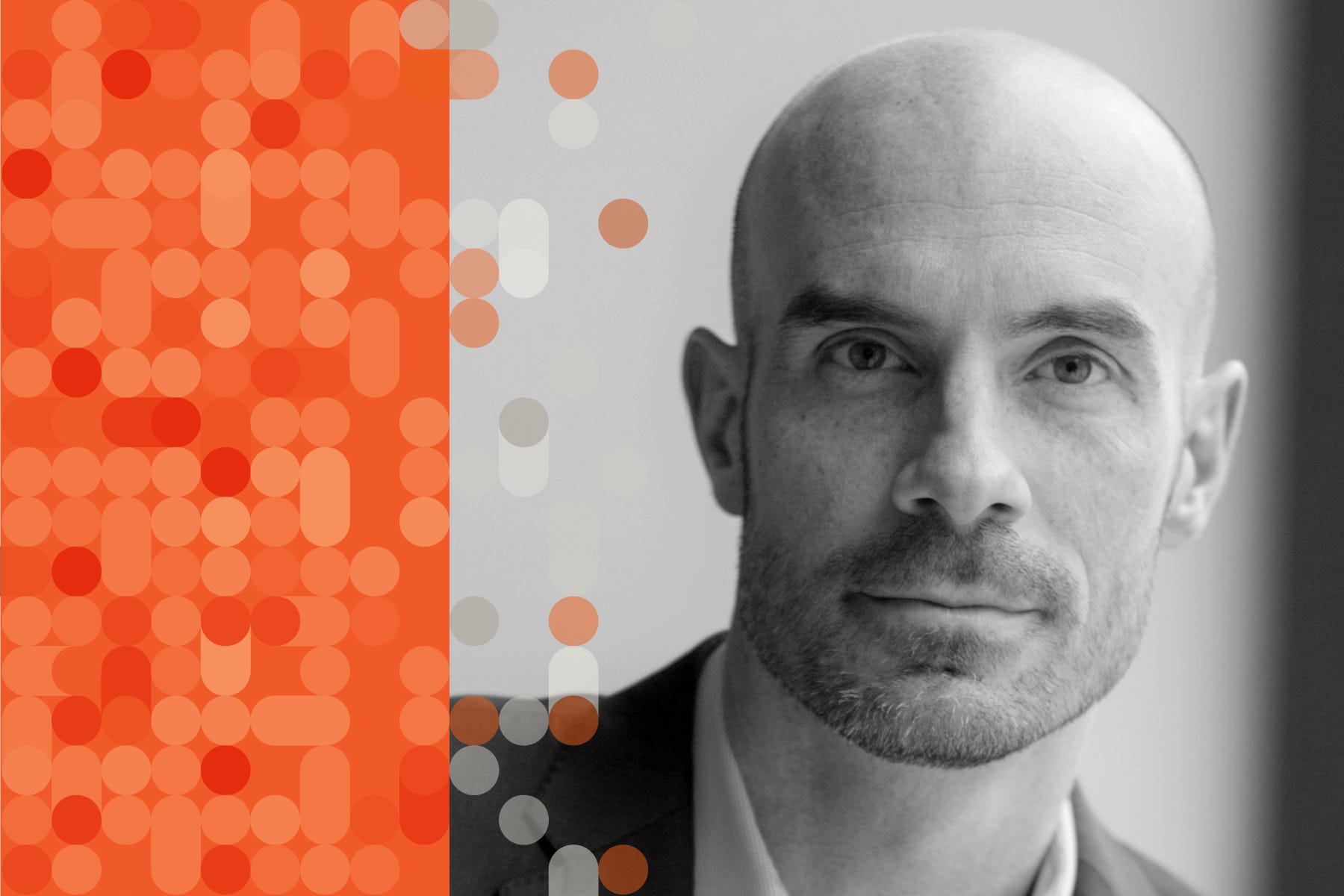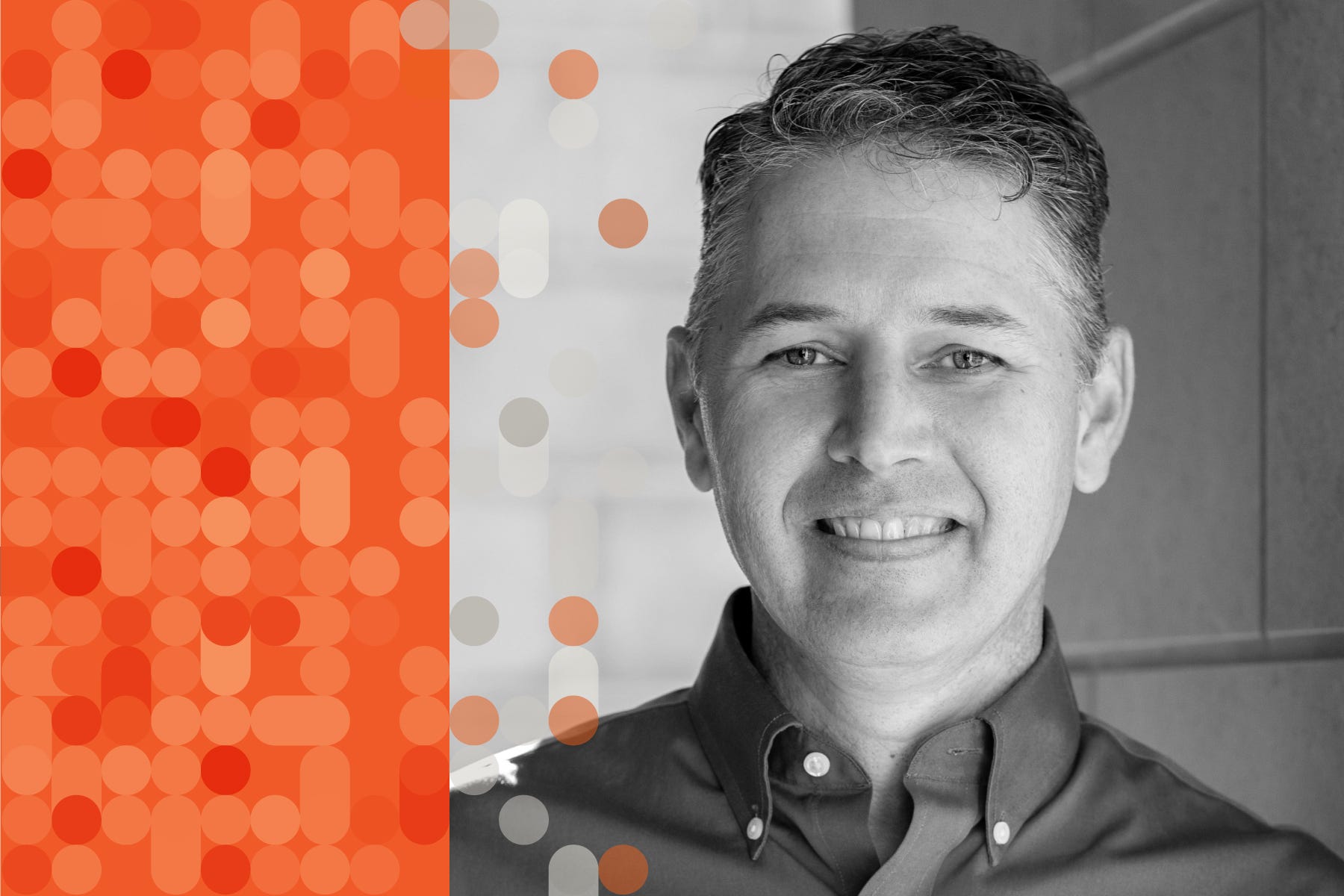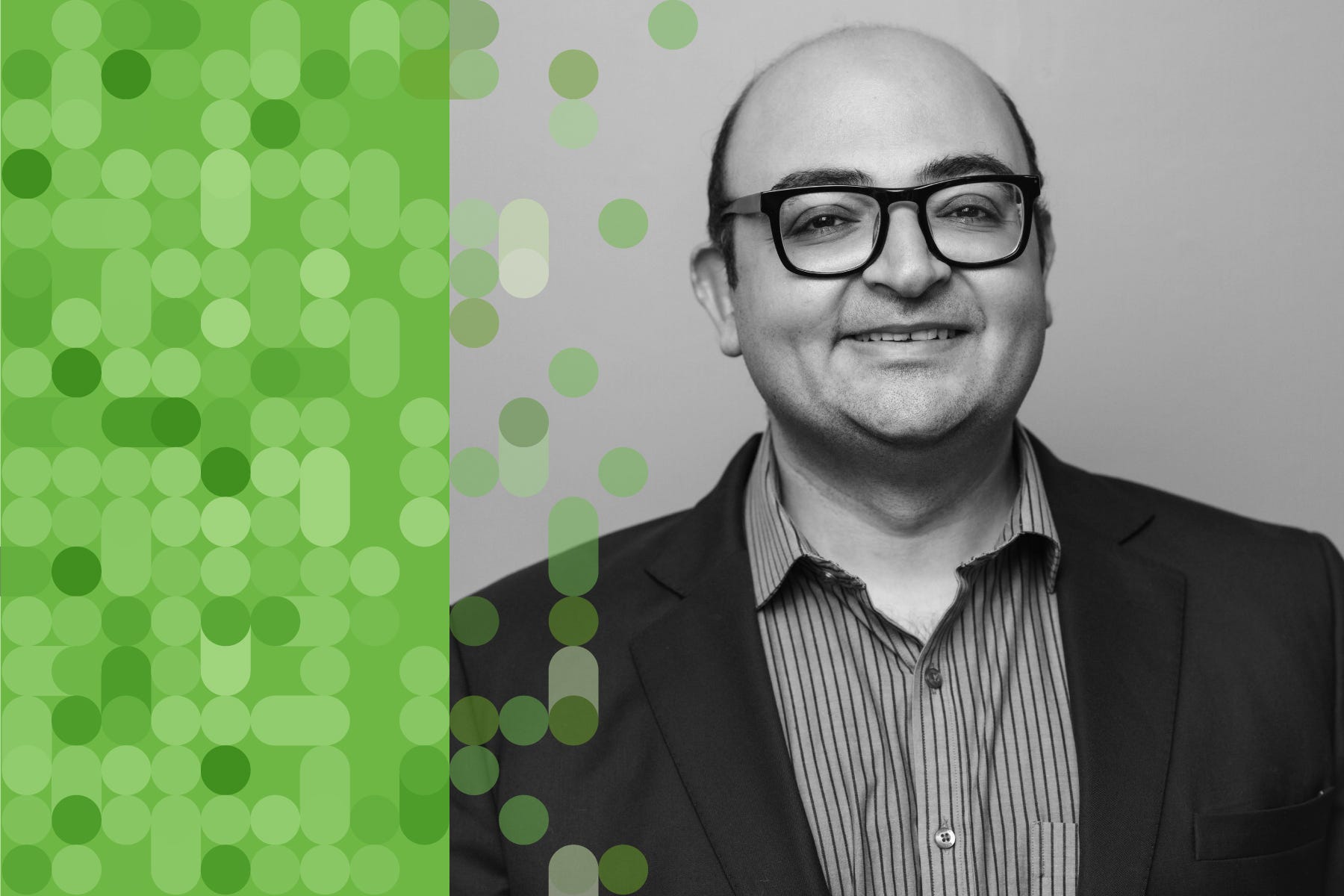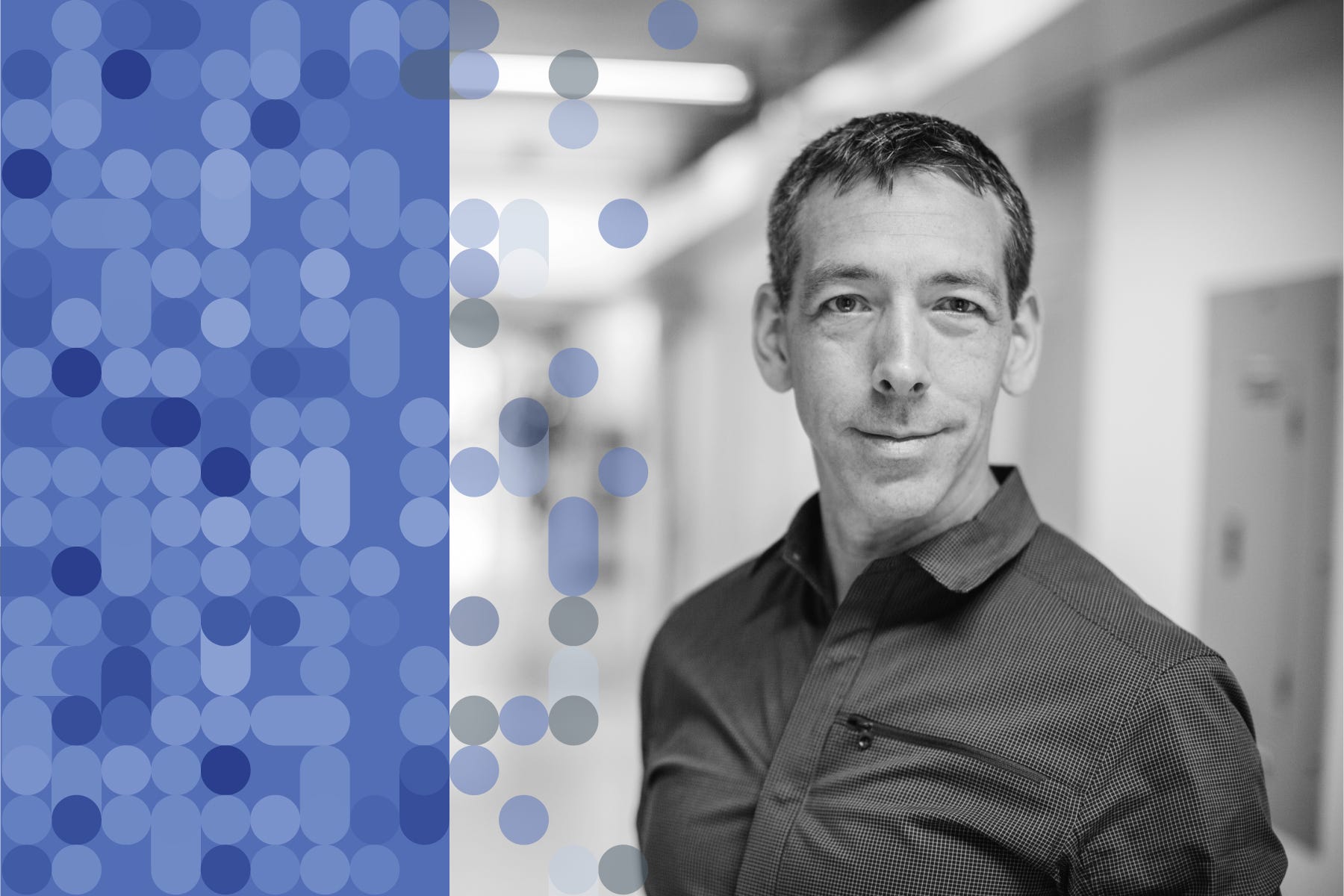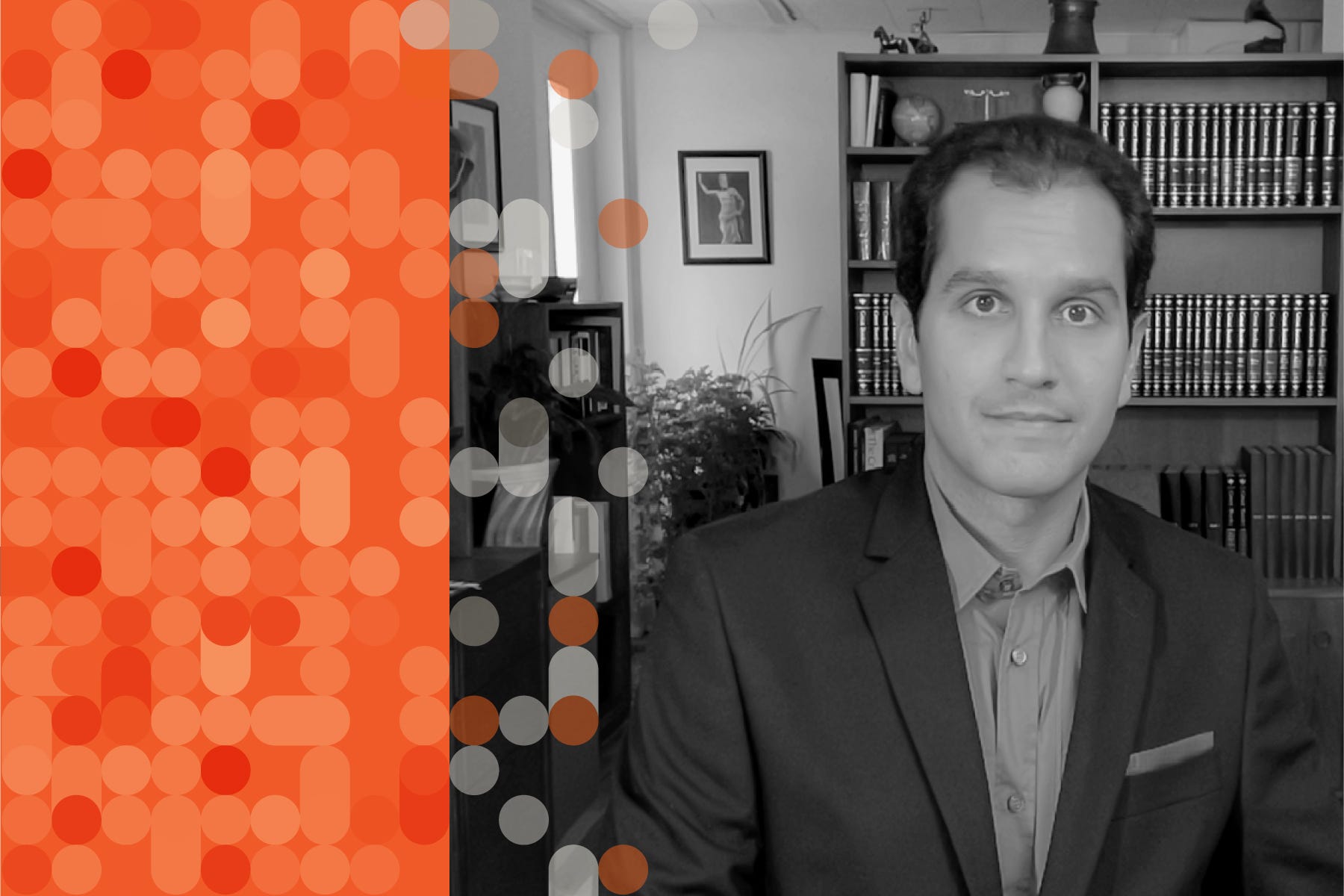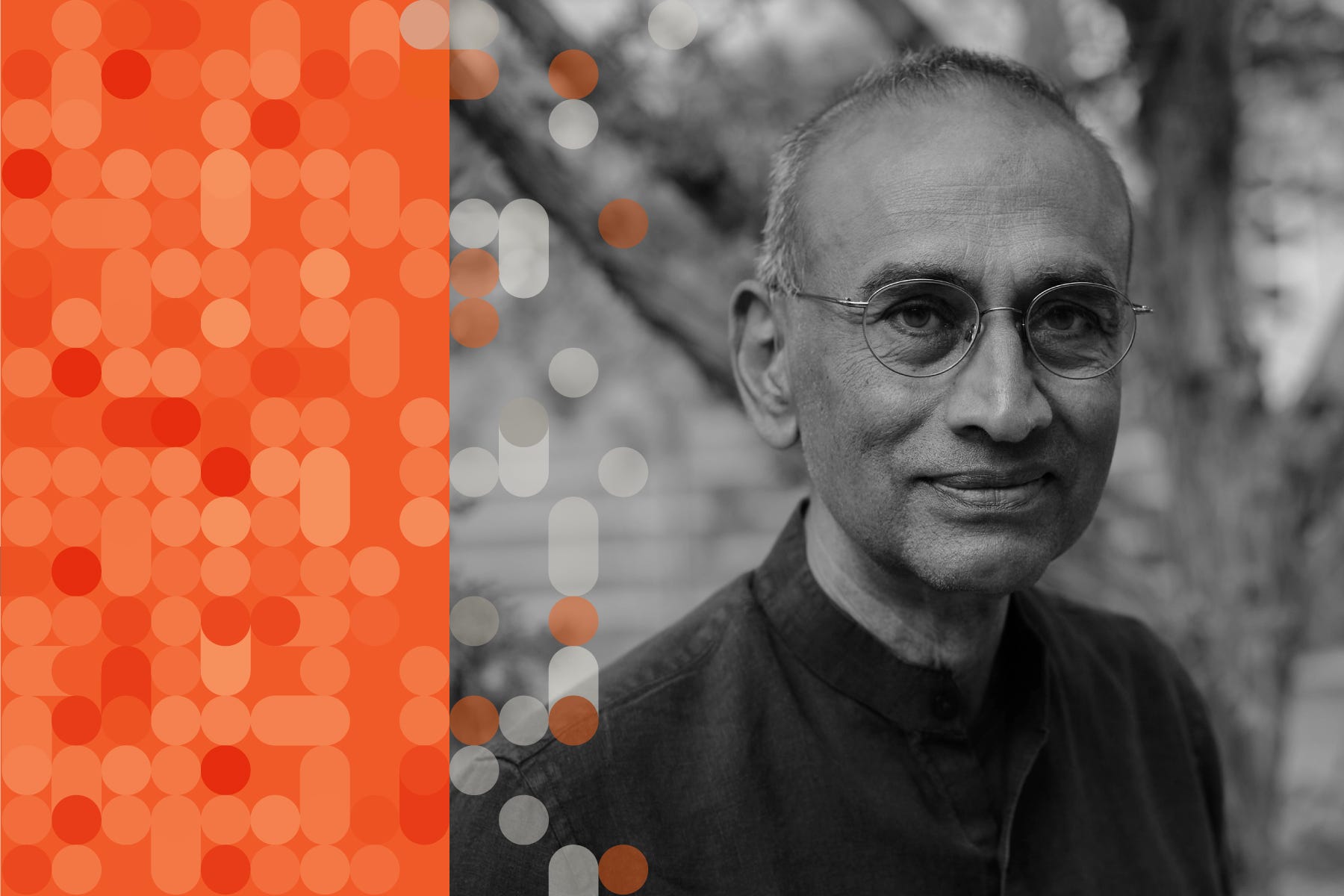Akiko Iwasaki: The Immunology of Covid and the Future
Description
If there’s one person you’d want to talk to about immunology, the immune system and Covid, holes in our knowledge base about the complex immune system, and where the field is headed, it would be Professor Iwasaki. And add to that the topic of Women in Science. Here’s our wide-ranging conversation.
A snippet of the video, Full length Ground Truths videos are posted here and you can subscribe.
Ground Truths is a reader-supported publication. To receive new posts and support my work, consider becoming a free or paid subscriber.
Transcript with many external link and links to the audio, recorded 30 April 2024
Eric Topol (00:06 ):
Hello, it's Eric Topol and I'm really thrilled to have my friend Akiko Iwasaki from Yale, and before I start talking with Akiko, I just want to mention there aren't too many silver linings of the pandemic, but one for me was getting to know Professor Iwasaki. She is my go-to immunologist. I've learned so much from her over the last four years and she's amazing. She just, as you may know, she was just recently named one of the most influential people in the world by TIME100. [and also recognized this week in TIME 100 Health]. And besides that, she's been elected to the National Academy of Medicine, National Academy of Sciences. She's the president of the American Association of Immunologists and she's a Howard Hughes principal investigator. So Akiko, it's wonderful to have you to join into an extended discussion of things that we have of mutual interest.
Akiko Iwasaki (01:04 ):
Thank you so much, Eric, for having me. I equally appreciate all of what you do, and I follow your blog and tweets and everything. So thank you Eric.
Eric Topol (01:14 ):
Well, you are a phenom. I mean just, that's all I can say because I think it was so appropriate that TIME recognize your contributions, not just over the pandemic, but of course throughout your career, a brilliant career in immunology. I thought we'd start out with our topic of great interest on Long Covid. You've done seminal work here and this is an evolving topic obviously. I wonder what your latest thoughts are on the pathogenesis and where things are headed.
Long Covid
Akiko Iwasaki (01:55 ):
Yeah, so as I have been saying throughout the pandemic, I think that Long Covid is not one disease. It's a collection of multiple diseases and that are sort of ending up in similar sets of symptoms. Obviously, there are over 200 symptoms and not everyone has the same set of symptoms, but what we are going for is trying to understand the disease drivers, so persistent viral infection is one of them. There are overwhelming evidence for that theory now, all the way from autopsy and biopsy studies to looking at peripheral blood RNA signatures as well as circulating spike protein and nucleocapsid proteins that are detected in people with Long Covid. Now whether that persistent virus or remnants of virus is driving the disease itself is unclear still. And that's why trials like the one that we are engaging with Harlan Krumholz on Paxlovid should tell us what percentage of the people are suffering from that type of driver and whether antivirals like Paxlovid might be able to mitigate those. If I may, I'd like to talk about three other hypotheses.
Eric Topol (03:15 ):
Yeah, I'd love for you to do that.
Akiko Iwasaki (03:18 ):
Okay, great. So the second hypothesis that we've been working on is autoimmune disease. And so, this is clearly happening in a subset of people, again, it's a heterogeneous disease, but we can actually not only look at reactogenicity of antibodies from people with Long Covid where we can transfer IgG from patients with Long Covid into an animal, a healthy animal, and really measure outcomes of a pathogenesis. So that's a functional evidence that antibodies in some people with Long Covid is really actually causing some of the damages that are occurring in vivo. And the third hypothesis is the reactivation of herpes viruses. So many of us adults have multiple latent herpes virus family members that are just dormant and are not really causing any pathologies. But in people with Long Covid, we're seeing elevated reactivation of viruses like Epstein-Barr virus (EBV) or Varicella-zoster virus (VZV) and that may again be just a signature of Long Covid, but it may also be driving some of the symptoms that people are suffering from.
(04:32 ):
So that's again, we see the signature over and over, not just our group, but multiple other groups, Michael Peluso's group, Jim Heath, and many others. So that's also an emerging evidence from multiple groups showing that. And finally, we think that inflammation that occurs during the acute phase can sort of chronically change some tissue tone. For instance, in the brain with Michelle Monje’s team, we developed a sort of localized mild Covid model of infection and showed that changes in microglia can be seen seven weeks post infection even though the virus is completely gone. So that means that inflammation that's established as a result of this initial infection can have prolonged sequence and sequela within the person and that may also be driving disease. And Eric, the reason we need to understand these diseases separately is because not only for diagnostic purposes, but for therapeutic purposes because to target a persistent virus is very different approach from targeting autoantibodies, for example.
Eric Topol (05:49 ):
Well, that's great. There's a lot to unpack there as you laid out four distinct paths that could result in the clinical syndrome and sequelae. I think you know I had the chance to have a really fun conversation with Michelle about their joint work that you've done, and she reminded me how she made a cold call to you to start as a collaboration, which I thought was fantastic. Look what that yielded. But yeah, this is fascinating because as I think you're getting at is that it may not be the same pathogenesis in any given individual so that all these, and even others might be operative. I guess maybe I first delve into the antibody story as you're well aware, we see after people get Covid a higher rate of autoimmune diseases crop up, which is really interesting because it seems to rev up self-directed immune response. And this I think many people haven't really noted yet, although obviously you're well aware of this, it's across all the different autoimmune diseases, connective tissue disease, not just one in particular. And it's, as you say, the idea that you could take the blood from a person suffering from Long Covid and give it to an experimental animal model and be able to recapitulate some of the abnormalities, it's really pretty striking. So the question I guess is if you were to do plasmapheresis and try to basically expunge these autoantibodies, wouldn't you expect people to have some symptomatic benefit pretty rapidly or is it just that the process is already far from the initiating step?
Akiko Iwasaki (07:54 ):
That's a great question. Plasmapheresis may be able to transiently improve the person if they're suffering from these autoantibody mediated diseases. People have reported, for example, IVIG treatment has dramatically improved their symptoms, but not in everybody. So it's really critical to understand who's suffering from this particular driver and appropriately treat those people. And there are many other very effective therapies in autoimmune disease field that can be repurposed for treating these patients as well.
Eric Topol (<a target="_blank" href=


